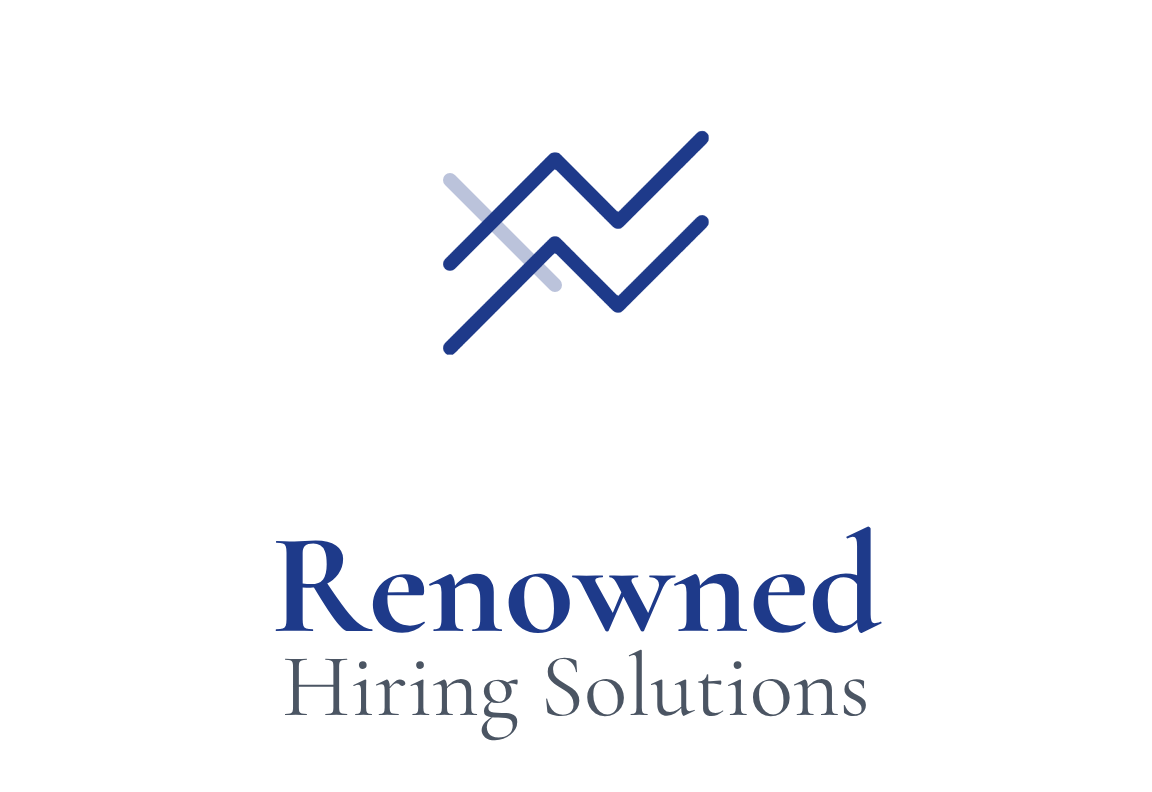The discussion around flexible work has matured. It is no longer just a policy debate but a fundamental strategic lever for modern organizations looking to gain a competitive edge. Adopting a structured remote work model offers measurable benefits that directly impact your bottom line, talent pipeline, and overall employee performance.
This analysis focuses on the tangible business advantages, moving beyond theoretical discussions to highlight the financial, operational, and human capital returns of flexible policies.
Here are the five most significant, data-backed benefits of remote work.
1. Substantial Financial and Operational Cost Savings
Remote work offers immediate and measurable financial leverage by decoupling corporate footprint from employee location. The potential for savings is immense, driven primarily by reduced real estate and operational overhead.
Annual Savings per Employee
Analysis shows that U.S. companies could save approximately $500 billion annually through remote work. For a single company, this can equate to an estimated $11,000 saved per employee per year. These savings stem directly from reduced expenses on utilities, office supplies, building maintenance, and leased rental space.
Lowering Labor Costs Through Flexibility
Beyond operational savings, flexibility acts as a valuable non-cash compensation tool. Studies indicate that a significant percentage of employees who relocate to less expensive areas for permanent remote work are willing to accept a lower salary in exchange for the long-term benefit of location flexibility. A strategic remote policy can therefore act as a powerful deflationary lever on rising labor costs, especially when hiring in high-cost-of-living metropolitan areas.
2. Unlocking a Competitive Edge in the War for Talent
In today’s market, remote flexibility is often a non-negotiable expectation for top-tier talent. Organizations that fail to offer this option are systematically limiting their potential talent pool to candidates within a commuting radius, instantly losing out on global and national expertise.
The Preference for Flexibility
A recent survey highlighted that 59% of respondents would be more inclined to choose an employer who offered remote work flexibility compared to those who did not. Offering flexible work is a primary differentiator that boosts recruitment success, strengthens your employer brand, and allows you to hire the absolute best person for a role, regardless of their zip code.
3. Dramatically Boosting Employee Satisfaction and Retention
The connection between remote work and employee well-being is perhaps the strongest case for its adoption. Providing flexibility is an essential demonstration of trust that translates directly into higher job satisfaction and, critically, enhanced retention rates.
The Value of Time and Well-being
For individual employees, the most immediate benefit is the improvement in overall quality of life. Eliminating the daily commute provides crucial time—often several hours per week—that employees can dedicate to family, personal pursuits, or exercise. This enhanced work-life balance translates directly into reduced stress and improved employee well-being, a crucial factor in reducing the risks of burnout.
The Autonomy-Retention Link
Telecommuting empowers employees with greater psychological autonomy and self-management. This increased control over the workday and work environment is an intangible element that significantly elevates job satisfaction. By reducing work-family conflict and conferring a high degree of trust, well-designed remote policies successfully retain valuable talent who might otherwise seek employment elsewhere, directly reducing costly turnover.
4. Enhanced Productivity Through Output-Based Metrics
While some studies observed productivity declines during the reactive, forced WFH period, success is achievable when the focus shifts from physical presence to measurable results. The positive perception of remote work productivity is driven by the elimination of the daily commute and fewer non-essential office interruptions.
The Shift from Inputs to Outputs
To prove and maintain high productivity in a remote setting, organizations must abandon measuring inputs (like hours logged or visible presence) in favor of measuring tangible outputs. Key Performance Indicators (KPIs) for successful remote teams focus purely on results:
- Tasks Completed per Sprint/Week
- Consistent Deadline Adherence
- Project Milestones Met
When policies prioritize autonomy and trust, telecommuting has been consistently associated with higher job performance evaluations from managers.
5. Operational Resilience and Business Continuity
A distributed workforce inherently possesses greater operational resilience. If a natural disaster, public health crisis, or local event affects a single physical location, the entire organization’s work can continue uninterrupted with minimal downtime. This built-in business continuity is a mandatory strategic advantage in an unpredictable global landscape, ensuring your operations are protected against unforeseen disruptions.
Conclusion: Remote Work is a Managed System for Growth
The benefits of remote work—from significant cost savings and unparalleled talent reach to superior employee satisfaction and well-being—are substantial and data-driven. However, maximizing these benefits requires moving beyond a simple “work from anywhere” mandate.
Success depends entirely on a transformed operational framework that proactively manages risks like security vulnerabilities and, most importantly, the threat of proximity bias (favoring in-office employees). The future of work is about establishing a managed system rooted in objective, results-based metrics that enforce accountability and maximize employee performance and happiness.
Ready to design an employee-centric, output-based performance framework that maximizes the strategic value of flexible work? Contact our policy experts today.
www.renownedhiringsolutions.com


Leave a Reply